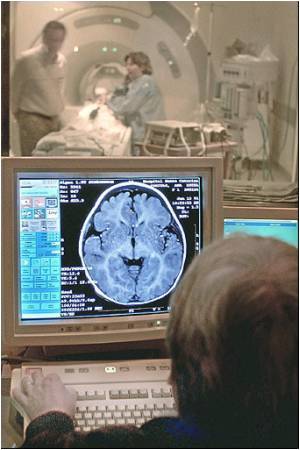Physiological changes within the brain that may be caused by selective serotonin reuptake inhibitors (SSRI) such as Prozac, are being explored in a new study.

Neuronal cells in the hippocampus can change their activity and strength of connections throughout life, a process known as plasticity, which thought to be one of the ways new memories are formed. Altered plasticity is often associated with depression and stress.
Researchers from the Department of Pharmacology, Nippon Medical School, showed that chronic treatment of adult mice with fluoxetine (Prozac) caused changes to granule cells, one of the main types of neuronal cells inside the hippocampus, and to their connections with other neuronal cells.
The granule cells appeared to undergo serotonin-dependent 'dematuration', which increased their activity and reversed adult-type plasticity into an immature state. These changes to the cell's plasticity were associated with increased anxiety and in alternating between periods of hyper or hypo activity.
Katsunori Kobayashi explained, "Some of the side effects associated with Prozac in humans, such as anxiety and behavioral switching patterns, may be due to excessive dematuration of granule cells in the hippocampus."
The findings have been published in the journal Molecular Brain.
Advertisement












